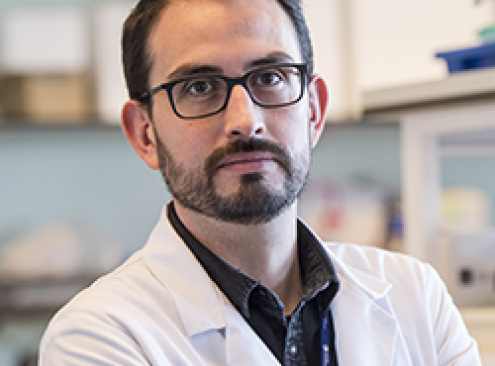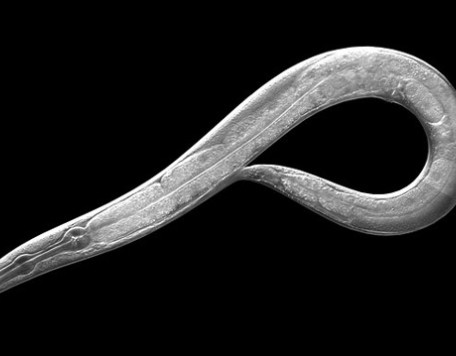© Pint of Science, 2024. All rights reserved.
Have you ever wondered how the brain works, and what happens when it goes wrong? In this event, we will discuss what neurodegeneration is (primarily Alzheimer's disease) and how we are working towards combatting such a damaging disease. Come listen to a host of speakers from the NHS and the University about what they are doing to help patients with Alzheimer's disease, and research into how we can prevent or diagnose it early on.
At the cutting edge of dementia research - what does it take?
Dr Alice Oliver
(Clinical Doctor)
In my talk this evening I will give you a taste of the dementia research that is going on behind the scenes at the Memory Assessment & Research Centre. What does a clinical trial involve? What are the benefits and costs? What do our participants with dementia say about their experience of research? Step into their shoes and take part in our interactive quiz.

Are we ready to cure Dementia?
Dr Diego Gomez-Nicola
(Professor of Neuroimmunology)
I’ll be describing the main aspects of the pathology of Alzheimer’s disease, to then provide a broad view of treatments currently being explored. I’ll then focus on the case of Aducanumab, as the first approved disease-modifying treatment for AD, exploring the challenges associated with it.

Fingerprinting dementia, the clue is in your blood
Dr George Devitt
(Postdoctoral researcher)
There are many different causes of dementia, including Alzheimer’s disease and forms of Parkinson’s disease. It can be difficult for doctors to diagnose these conditions in their early stages, and getting a diagnosis can often take years which causes a lot of stress for the patient and their family.
We envisage a future in which a patient can visit a GP and receive a finger prick diagnostic test that predicts dementia risk. Our method uses a laser beam to rapidly scan a blood sample and generate a ‘fingerprint’ that can provide clues about the type of dementia a patient has, or will develop in the next few years. Could this method be used for population level screening of dementia risk in the future?
We envisage a future in which a patient can visit a GP and receive a finger prick diagnostic test that predicts dementia risk. Our method uses a laser beam to rapidly scan a blood sample and generate a ‘fingerprint’ that can provide clues about the type of dementia a patient has, or will develop in the next few years. Could this method be used for population level screening of dementia risk in the future?

Map data © OpenStreetMap contributors.
Other The Bridge events
2024-05-14
Simply Beautiful: Models to investigate complex brain function
The Bridge
Building 42, University Road, Highfield, Southampton, SO17 1BJ, United Kingdom
2024-05-15
Mental health and the science of behaviour
The Bridge
Building 42, University Road, Highfield, Southampton, SO17 1BJ, United Kingdom



